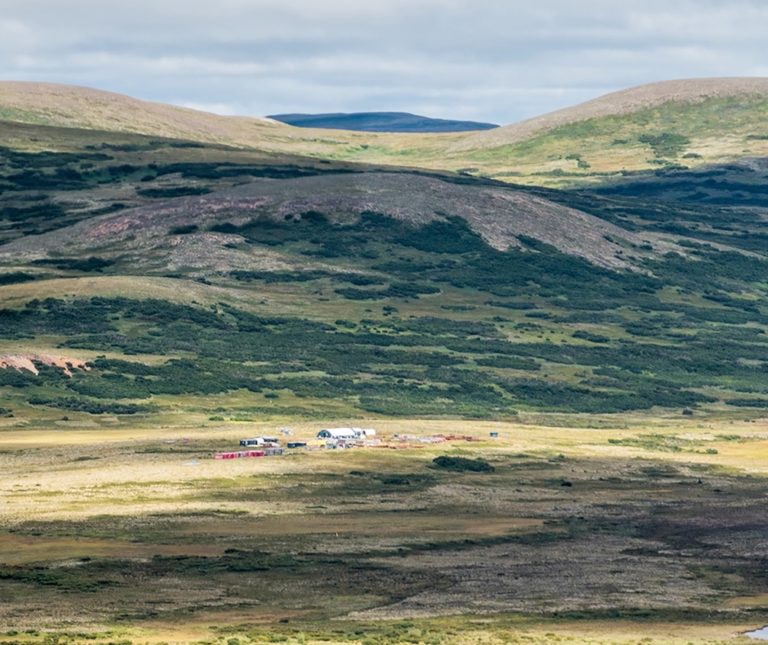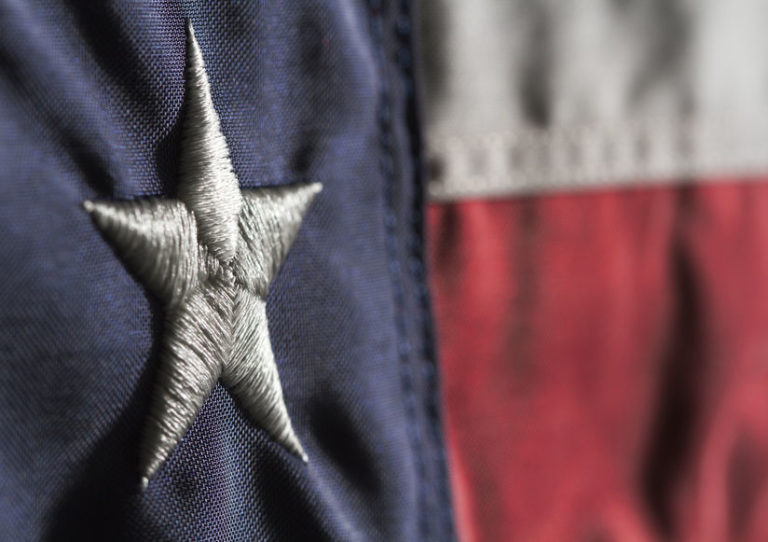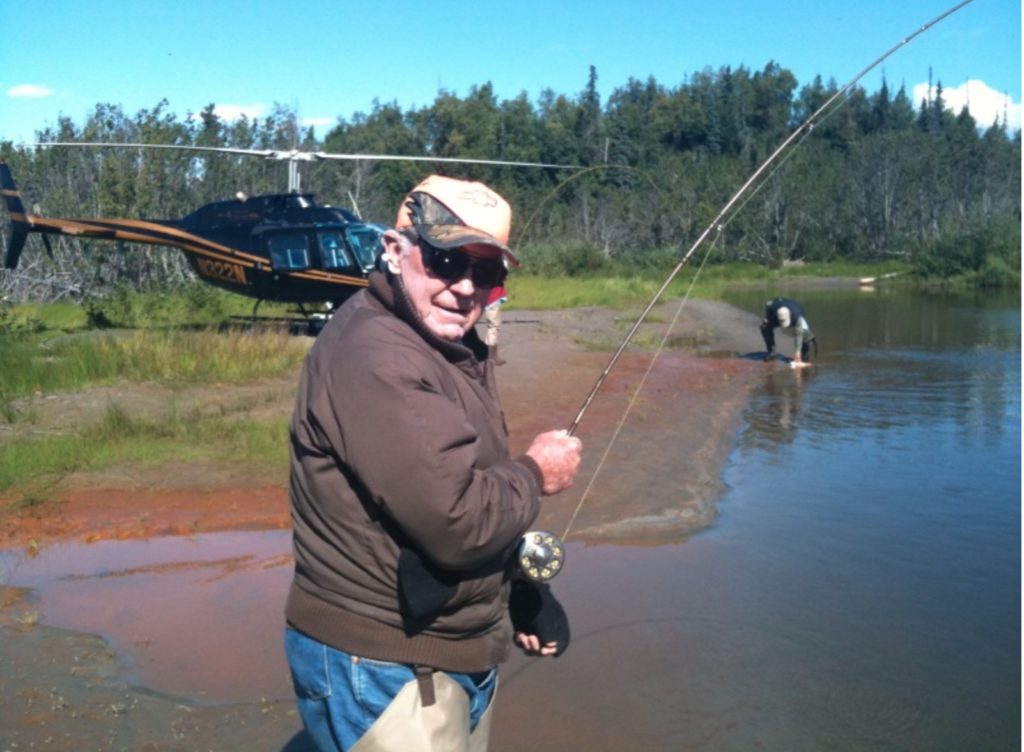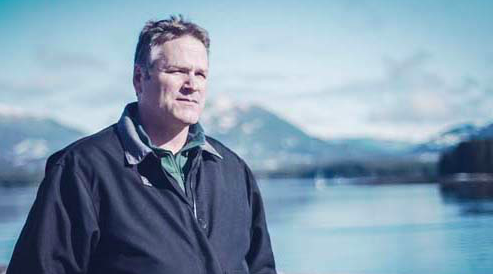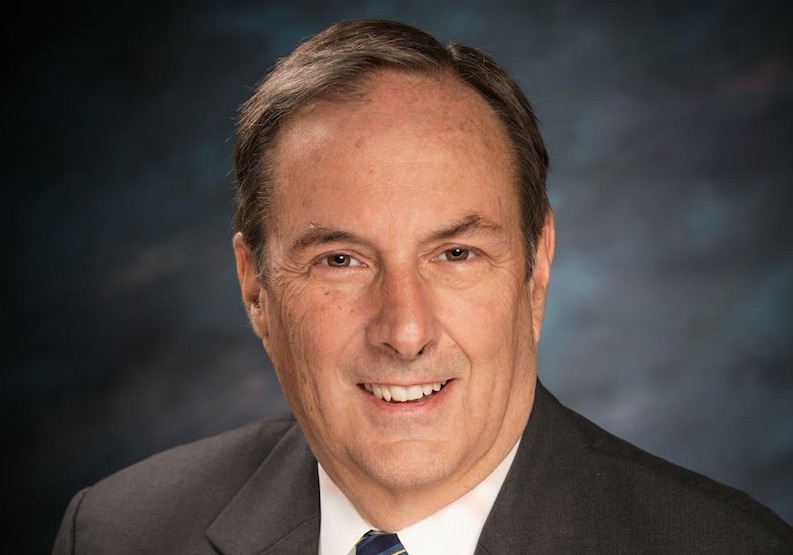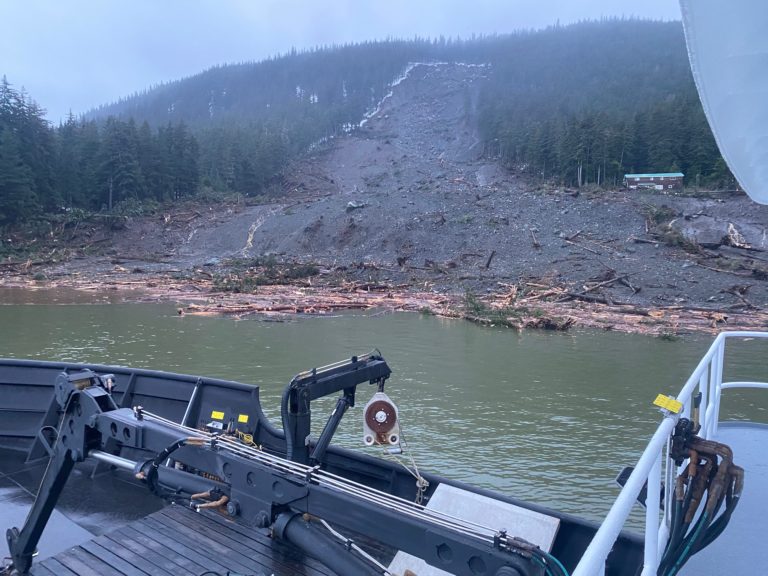By CRAIG E. CAMPBELL
Caretaker Mayor Austin Quinn-Davidson tested positive for COVID-19. I am certain we all wish her a quick recovery and that she will not experience the severe health complications that the China virus can cause.
However, her getting infected does illustrate the indiscriminate nature of the virus and calls into question the effectiveness of the draconian measures she has implemented in Anchorage to curb its spread.
I am sure AQD, who authored the newest emergency mandate that is crushing businesses and creating numerous other unintended negative consequences on our population, was vigilant in wearing her mask, probably did not dine in restaurants, strictly adhered to social distancing guidelines, and repeatedly washed her hands throughout the day as she conducted her official duties.
But she still got the virus.
Masks may work, to some degree, as does social distancing. We all know this to be true from the repeated reminders on the radio, television, social, media, press releases, and medical advisories. However, here it is December and case numbers continue to spike with new highs reached on almost a daily basis.
While restaurants and bars are not permitted to have dine-in service, other businesses remain open, albeit at reduced capacity levels. Do you think the virus only spreads indoors at restaurants and bars?
What is the difference between indoor dining and outdoor dining that is done in an enclosed tent with heaters and limited ventilation? Nothing, when it comes to the virus spread, yet “outdoor dining” is still being allowed.
The virus spreads indiscriminately indoors and outdoors, both in the air and on surfaces. Even the most vigilant compliance may not prevent you from potentially being infected, case presented: AQD.
Masks will not prevent the spread of the virus. However, masks may cause serious long term health problems.
Neurologist and Neurophysiologist, Dr. Margarite Grieiz-Brission MD, PhD, has written about one of the more serious effects long-term mask usage can cause to the brain. She warns that reinhalation of carbon dioxide creates an oxygen deficiency which leads to headaches, drowsiness, and issues with concentration. Long-term oxygen deficiency kills brain cells, cells that are not regenerated, but dead forever.
In other words, wearing a mask over time can cause brain damage. This damage will show up years later as dementia.
Great, just what I need to forget is this horrible pandemic.
Cardiologists know that oxygen deprivation is also damaging to your heart. Pulmonologists know it can be damaging to the lungs. So why are politicians so eager to mandate mask wearing when its ability to prevent the spread of the China virus has not been scientifically validated, yet other medical conditions related to oxygen deprivation are known facts?
There are two answers. The first is that the medical profession is divided on the effectiveness of wearing masks to prevent the spread of the virus. It is probably true that wearing a mask may slow down, and in rare cases prevent a person from getting infected.
However, as we are seeing with the spike in Anchorage over the past month when mask usage has been peaked, people are still getting sick at record numbers.
The brilliant Democrat political strategist Rahm Emanuel once said, “You never let a serious crisis go to waste.” That is exactly what has been unleashed on America, using a pandemic to create hysteria and fear to gain political control.
The second answer is, because politicians can use the China virus as a fear-based excuse to crush American exceptionalism by creating economic chaos, forcing obedience from the population, issue health emergency mandates, and then provide government bail-outs to create a socialistic society. Just wear your damned mask because she said so.
It’s time to start using science to address the China virus. Science has not proven masks protect against the China virus. Encourage mask wearing, but leave it to the discretion of a person or business. If a business requires masks and a person does not want to wear a mask, they do not have to patronize that business. It’s called free choice.
Continue social distancing. In fact, the Municipality of Anchorage has funds available under the CARES Act that could be distributed to the private sector for renovations, expansion, and other modifications that would allow for social distancing and keeping the business open, providing jobs, creating income, and providing tax revenues to the city.
As President Trump has stressed, “The cure can’t be worse than the virus.” Killing our economy, creating social stress, increasing suicides, increased drug and alcohol usage, domestic violence, and general population depression is not the answer to fighting the China virus.
End the mask mandate. Open up all businesses with increased social distancing requirements, cleanliness standards, and making mask wearing an option decided by the business. Manage the medical response requirements for additional ICU beds. Work with the state to balance bed usage and medical professional’s availability. Start now to develop the priority system and inoculation procedures for vaccinations, as vaccines will become available in Alaska later this month.
I am not an anti-masker. In fact, my wife has some medical conditions where by getting the China virus would be very serious. So when we go out, we wear masks. However, that is our decision, not one we need government to mandate for us.
In every respect, we must claw back the government overreach that has been thrust upon us by overzealous politicos whose ultimate desire is to create a more obedient and government-controlled society. Freedom of choice is about limiting government intrusion into our everyday lives.
AQD, may you recover quickly and without long term complications. Once recovered, cancel your socialist emergency mandates. Redirect all remaining CARES Act funds to help businesses survive. Aggressively develop a vaccine inoculation program that addresses those most at risk, especially for those in the medical career field.
It’s time to be a leader of a capitalistic, democratic, open society. Will you be up to it or will you continue to pander to your fear-mongering, government control Marxist base?
Craig E. Campbell served on the Anchorage Assembly between 1986 and 1995 and later as Alaska’s Tenth Lieutenant Governor. He was the previous Chief Executive Officer and President for Alaska Aerospace Corporation. He retired from the Alaska National Guard as Lieutenant General (AKNG) and holds the concurrent retired Federal rank of Major General (USAF).

